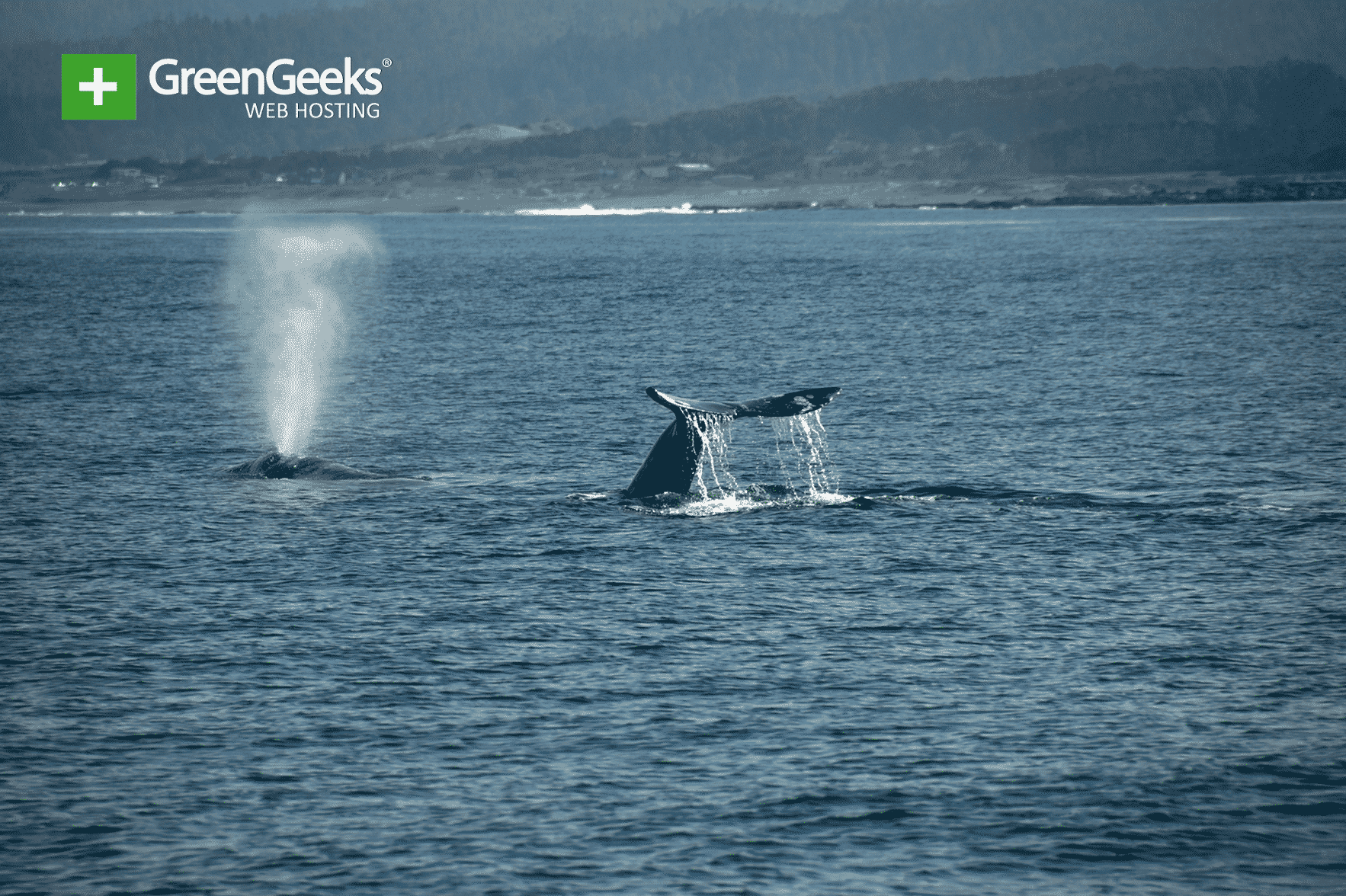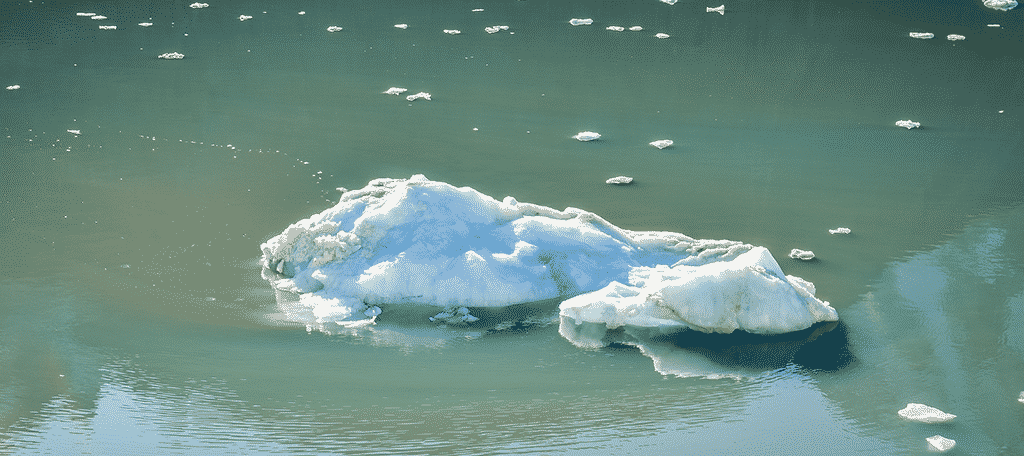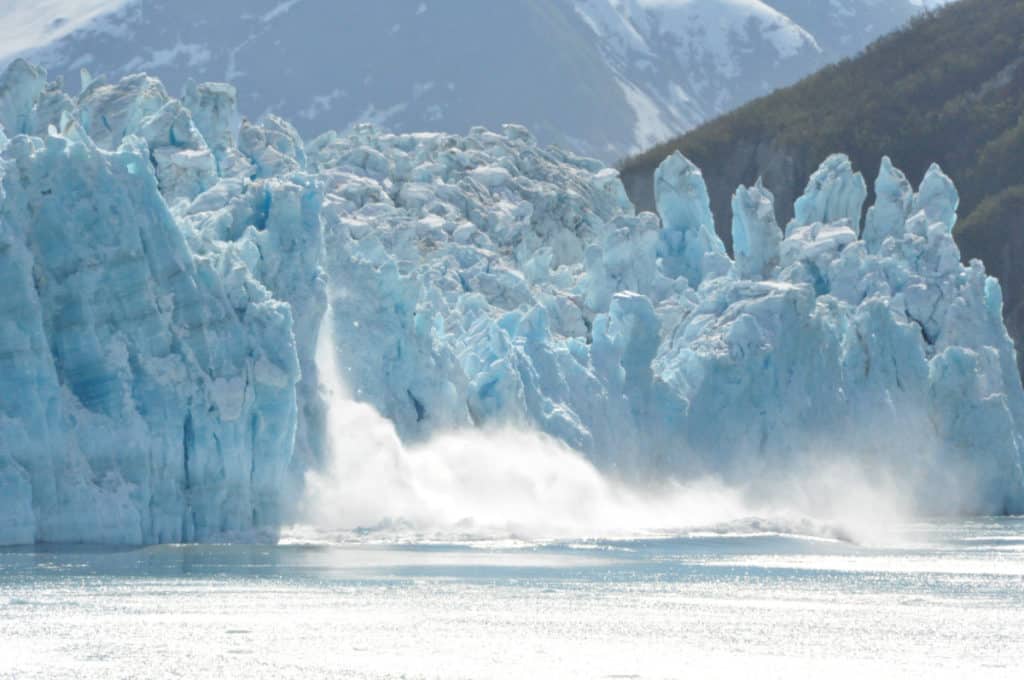
2019 has been a very bad year for sea life as 96 gray whales washed up on the west coast recently. About 22 of those were found in Alaska, with 7 found in one weekend. Climate change is considered the leading factor.
Alaska is feeling the full effects of climate change and is beginning to melt like many other places around the world. In particular, the oceans are warming and that spells disaster for wildlife.
Fish and other sea life are very sensitive to temperature changes. In many cases, they must migrate to waters with the correct temperature or they will die.
Malnourished Whales
During the summer months, gray whales migrate to the north to their feeding grounds. According to the Alaska Department of Fish and Game, gray whales can reach weights of 30-40 tons and eat around 1.3 tons of food each day.
The washed up whales in Alaska all had one thing in common, they were malnourished. Due to the increased amount of ice melting in Alaska, their main food source, amphipods, have a lower population than normal.
Of course, this means there is a food shortage for the whales that have migrated north for the summer.
Not Unusual
On May 31st, the National Oceanic and Atmospheric Administration (NOAA) declared an unusual mortality event for gray whales. What this means is an unusually large number of them are dying.
However, this isn’t the first time this has happened. In both 1999 and 2000, large numbers of gray whales were found dead. So far, 2019 has surpassed 1999, but 2000 still holds the record with 131 deaths.
Unfortunately, 2019 is far from over and still has a chance to surpass this total.
Another Signal that There is a Climate Crisis

While it is always difficult to pinpoint the exact reason why something like this happens, climate change is the most likely culprit. The early ice melting and warmer ocean temperatures are decreasing the food populations.
This is not just harmful to wildlife, but humans as well. Alaska relies on fishing as both a food source and as a key economic sector. These changes will cripple the state.
Unfortunately, only immediate change can prevent the situation from worsening, but it is unlikely to happen. Governments have been very hesitant to make any meaningful adjustments in the fight against climate change.

